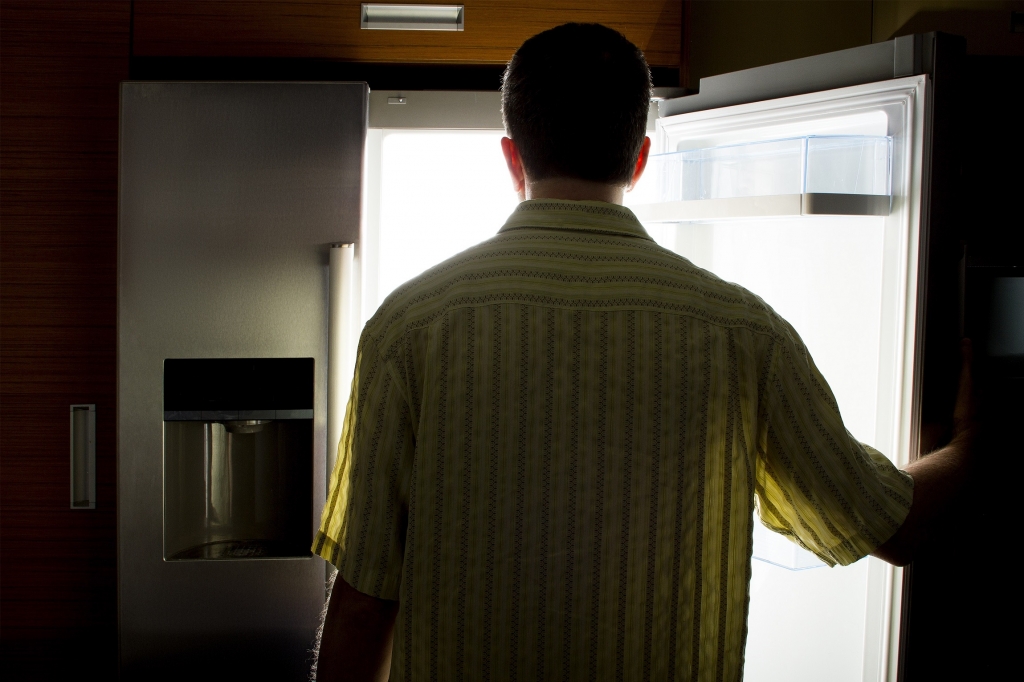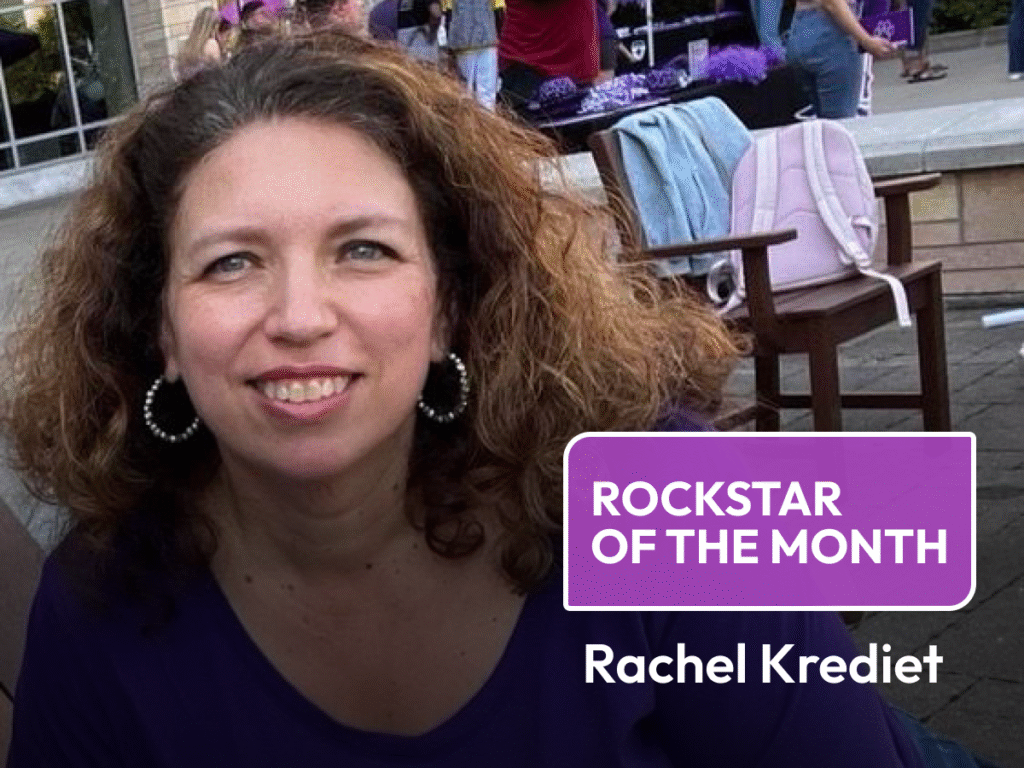Probably one of the more common struggles we hear when we meet with patients is overeating at night. Many patients report that they are happy with their choices during the day, but struggle with overeating at night, whether it’s opting for a heavier dinner than intended or excessive post-dinner snacking. If this is you, you’re not alone! For many patients, this can be a frustrating pattern that feels like a roadblock to weight loss. But it’s not just a problem for weight loss: there are numerous studies that demonstrate the detrimental health effects of eating too late at night.
So we’ve compiled some strategies for navigating the PM munchies to keep you moving toward those health goals:
Make sure you are eating nutritionally balanced meals during the day, and try not to go more than 4-5 hours without eating. If you feel that you are overdoing it at night as a result of undereating during the day (think running from meeting to meeting and realizing it’s 5 PM and you haven’t eaten), work with your dietitian to develop a more fixed and nutrient-dense meal schedule during the day. Set alarms on your phone or block your work calendar to ensure you’re able to honor that schedule.
Are you eating because you’re hungry later at night? If the answer is yes, work with your dietitian to get the most mileage out of your meals, both in terms of meal timing and satiety. Medications are also a great option if you’re finding that persistent hunger is getting in your way.
Are you eating when you’re not hungry? If the answer is yes, it’s important to identify your trigger. When we eat because we aren’t hungry, we are usually looking to check some other box that ultimately food won’t check.
- Stress/emotional eating – This is a common one. If you feel that this is your issue, address the root cause. Maybe this is looking at the causes of stress and making some changes (setting boundaries at work, hiring a part-time nanny, etc.). Or maybe it’s working to develop alternative strategies for managing stress, such as going for walks, calling a close friend, exercise (!), meditation, a hot cup of tea. We highly recommend working with a qualified therapist if you are struggling to manage your stress on your own.
- Boredom eating – If you feel that you use food to help with boredom, it’s likely an indicator that you need to shake up your evening routine. Head to your local library and check out a new read, put on a stretchy yoga video, play a board game with your kiddos, FaceTime your sister. Many people feel that they need to “decompress” after a long day, but decompressing does not have to mean zoning out in front a TV show or scrolling through your phone. If you are reaching for food, this may be an indicator that your current evening routine isn’t sufficiently stimulating.
- Habit association – Think about your evening routine and if there are certain activities that tend to make your mind wander to the pantry. The most common ones we hear are watching TV and working/browsing on your computer late at night. Habit association is a powerful mechanism that unconsciously reinforces habits (good or bad). If you think this might be your trigger, try telling yourself that you can either have a snack (at the table!) OR do your triggering activity (TV/computer/etc.), but you can’t do both at the same time. Most of the time, snacking is going to sound much less appealing if you have to turn off the Bachelor while you eat.
Consider medication. If you feel that you’ve tried every trick in the book to battle your nighttime eating habit, consider meeting with your medical provider to learn more about medication options.
This is by no means an exhaustive list. Have an open and honest dialogue with your medical provider and dietitian to identify potential causes of nighttime overeating, so we can collaborate to identify the best path forward for you.



